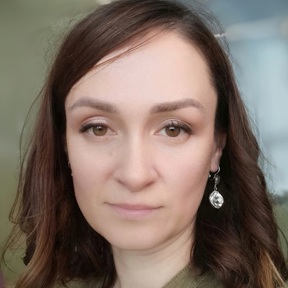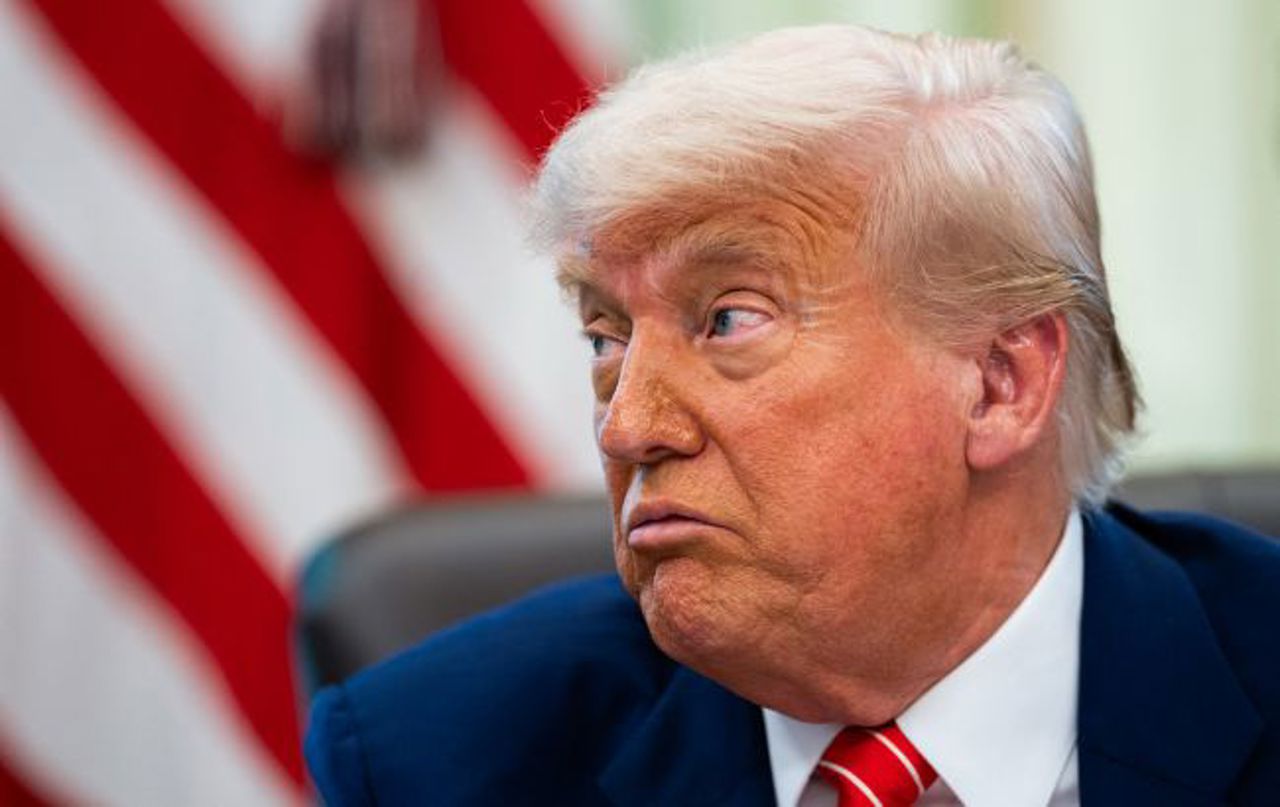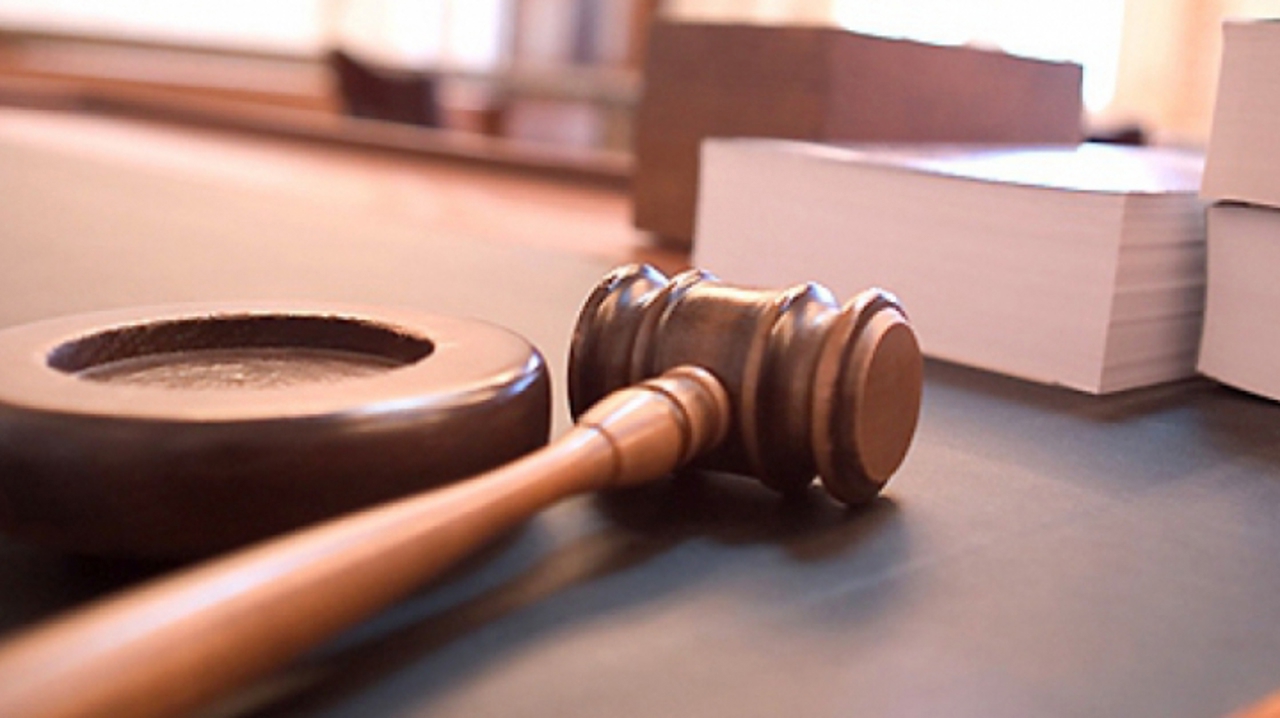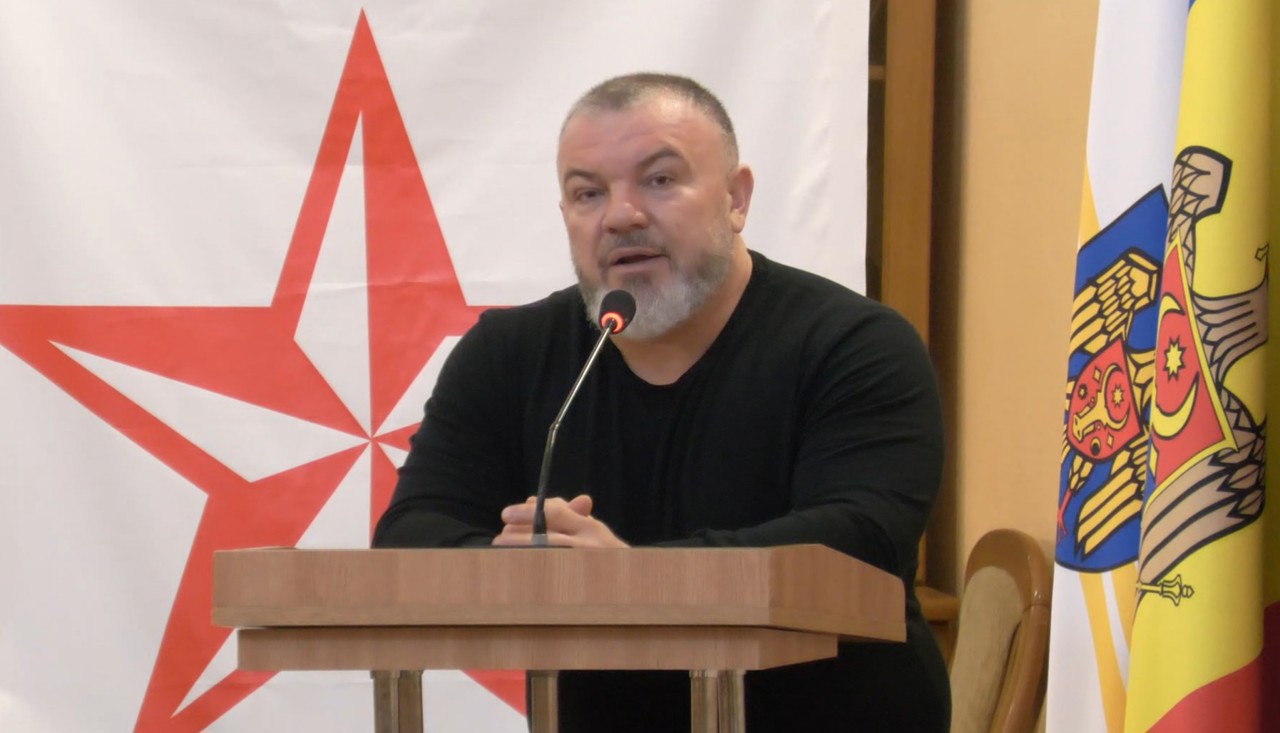Press review // EU may separate Ukraine and Moldova on their path to membership

National publications cover the possibility of Moldova joining the EU by 2030. Current topics in the media remain the fight against domestic violence and disputes related to constructing a waste recycling center within the Chisinau municipality.
The European Union is exploring the possibility of continuing the accession process for the Republic of Moldova, separate from Ukraine, due to Hungary blocking Ukraine's efforts to join the bloc. Marta Kos, the European Commissioner for Enlargement, shared this information in an interview with RFE/RL. She noted that there is even the potential for the Republic of Moldova to become a member state by the end of her term in 2029. Kos expressed concern about Hungary, led by Prime Minister Viktor Orban, who is considered Vladimir Putin’s key ally within the EU, politicising Ukraine's accession process. It is important to recall that Ukraine submitted its membership application in February 2022, shortly after the Russian invasion, followed by Moldova.
Daniel Funeriu, a candidate for Romania's presidential elections, stated that Moldova's accession to the European Union could occur “sooner” than 2030. In an interview with Moldova 1, Funeriu emphasized that Moldova should receive support for EU membership before the resolution of the Transnistrian conflict, similar to the case of Cyprus. “Currently, the Republic of Moldova—and not just it, but the entire region—is facing hybrid aggression from Russia. Moldova must join the European Union more swiftly based on political decisions rather than waiting for all the bureaucratic processes to be completed,” Funeriu stressed.
Elena Lasconi, another presidential candidate in Romania, also believes that Moldova could join the EU by 2030 or even earlier. In an interview with journalist Dan Alexe, Lasconi expressed her strong support for Moldova's European integration and the historical relationship between the two countries. She stated, “The Republic of Moldova has made significant progress, and I respect Maia Sandu’s pro-European policies, which I believe are recognized by all European leaders.” Lasconi also suggested that Moldova’s accession may depend on achieving lasting peace in Ukraine, “on Ukraine's terms.”
Several publications have highlighted comments made by President Maia Sandu at the European People's Party Congress held in Spain, an event attended by heads of state, prime ministers, political leaders, and European officials. At the congress, Sandu stressed the importance of European support for Moldova in its fight against corruption and in addressing the repercussions of the ongoing war waged by Russia against Ukraine, according to NewsMaker. She pointed out that the challenges facing Moldova affect all of Europe, emphasizing that the EU must reform to remain strong, agile, and resilient. “Moldova and Ukraine must join the European Union not only because they rightfully belong there, but also because Europe will be stronger, safer, and more united by accepting those who stand for its values,” the Moldovan president concluded.
The EU has extended sanctions against Ilan Shor, Vlad Plahotniuc, and other pro-Russian individuals who threaten the stability of the Republic of Moldova for an additional year, as reported by Ziarul Național. These sanctions, which apply to 16 individuals and two economic entities, will remain in effect until April 29, 2026.
RFI, referencing an official statement from the EU Council, notes that efforts to destabilize the Republic of Moldova have significantly increased since the onset of Russia's aggression against Ukraine, posing a direct threat to the stability and security of the EU's external borders.
An article published by Free Europe outlines essential information for Moldovans with Romanian citizenship who plan to vote in the Romanian presidential elections. These voters will have three days to cast their ballots. Unlike the cancelled elections in November-December, there will be 64 polling stations available in the Republic of Moldova for this election, which is five more than before. A total of 11 politicians are competing for the Romanian presidency, with notable candidates including Bucharest's current mayor, Nicușor Dan, and USR leader, Elena Lasconi, despite her party withdrawing support for her in favor of Dan. The governing coalition in Romania backs Crin Antonescu, while the sovereignist candidates are represented by AUR party leader George Simion and independent candidate Victor Ponta.
Domestic violence remains a prominent issue in the media. Deputy Vasile Bolea, who claims to be a staunch advocate for the "traditional family," is currently under investigation for domestic violence—an allegation confirmed by police, according to Agora. Despite his wife's request to close the case, Bolea remains under a restraining order for domestic violence.
Ziarul de Garda has reported on a protest in the capital against domestic violence, emphasizing that in the case of Bolea's wife, there are thousands of Moldovan women who face violence and fear speaking out.
Additionally, TVR Moldova highlights a dispute between Chisinau City Hall and the Ministry of Environment over the Waste Recycling Center. The Minister of Environment asserts that the center will process waste from Chisinau and eight other districts, while the City Hall claims it holds exclusivity over the facility. The Recycling Center project, under the Ministry of Environment, aims to construct a modern facility equipped with advanced technologies. This includes devices with optical sensors and air separators capable of recovering 50-70% of recyclable materials and 20-30% of biodegradable waste. Minister of Environment Sergiu Lazarencu stated that through this initiative, the total volume of waste could be reduced by up to 50%, with biodegradable content falling below 75% of the initial level, all in line with environmental standards. This project represents an important step for the Republic of Moldova in aligning with those standards.





